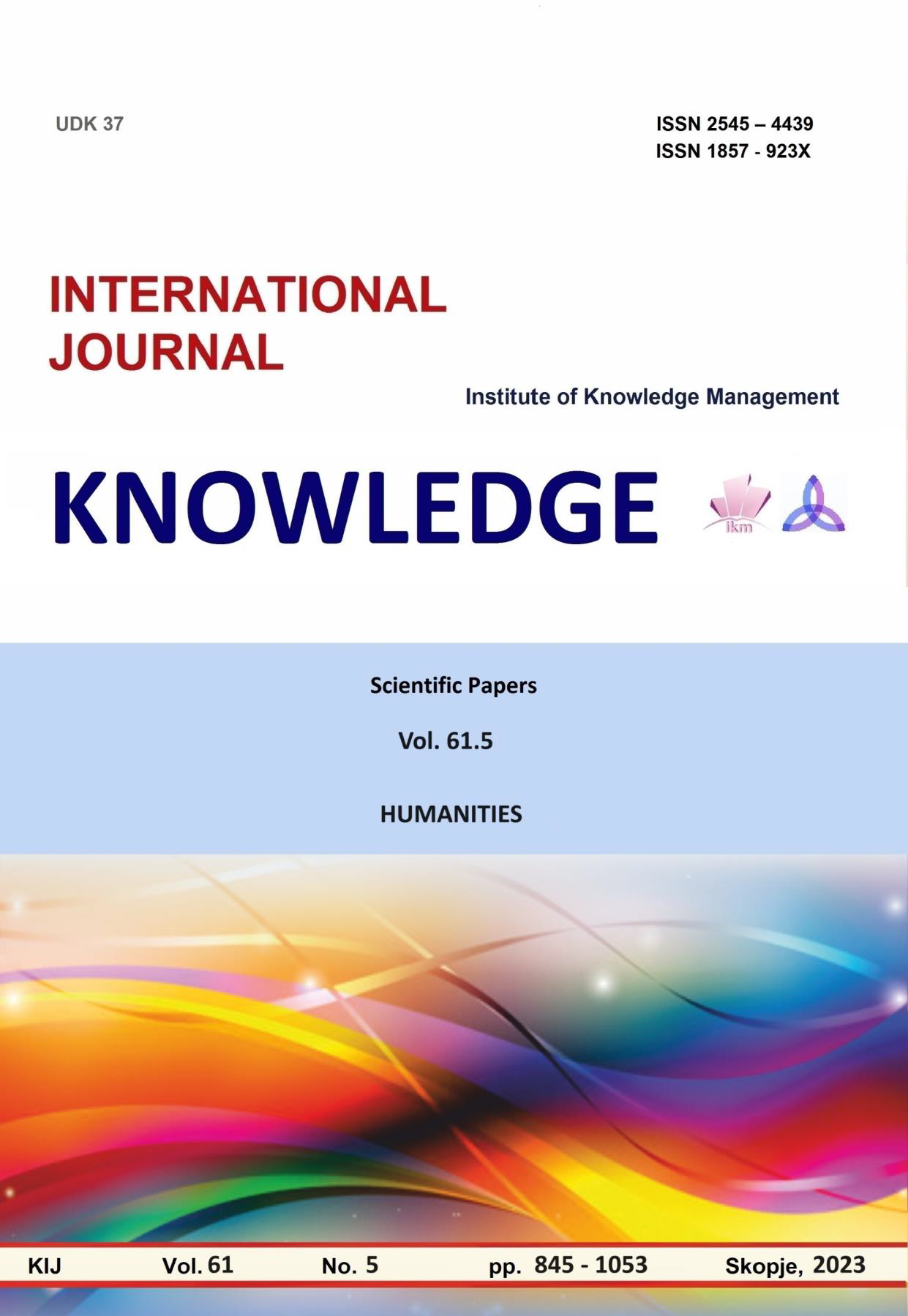КОМПОЗИРАНЕ НА МУЗИКА ЗА РЕЛАКСАЦИЯ И ПОЧИВКА
COMPOSING MUSIC FOR RELAXATION AND REST
Author(s): Krasimira Georgieva Fileva – RusevaSubject(s): Social Sciences, Fine Arts / Performing Arts, Psychology, Music, Sociology of Art
Published by: Scientific Institute of Management and Knowledge
Keywords: Psychology of music;relaxation;music therapy;composing music;music for relaxation
Summary/Abstract: The modern world - dynamic, rapidly changing, aggressive - a world in which a person feels uncertain about his future - causes a lot of tension, anxiety, stress. In such a challenging environment, after a hard day's work, one needs a complete rest to successfully restore his strength. Contact with art, especially if the work chosen for perception has a calming effect, can contribute a lot in this regard. Listening to appropriate music is beneficial. The new achievements of music psychology and music therapy point in no small measure to the necessary qualities of a musical work to ensure such an effect on the listener. Compiling a relaxation program, i.e. a series of musical works, listening to which calmness is achieved, is a selection of excerpts, in which music that emotionally resonates with the state of the user is initially sought, i.e. this is most likely music that brings tension; and gradually moves to fragments that have a calming effect. The main material of this study are the elements of the musical texture - melody, accompaniment, parts of the musical form, the performance of the composed piece, with an emphasis on the impact on the listener. The methods used are: theoretical analysis of scientific literature on the issue of the impact of music, comparison of available information, analysis of the process of composing relaxing music from the point of view of its effect on the perceiver. The applied analyzes provided an opportunity to formulate conclusions regarding the specificity of musical pieces composed for the purpose of relaxation of the perceiver. According to various studies, the results of which are widely confirmed, the major mode is defined as the carrier of more vitality, energy, activity, assertiveness, hope, its sound is characterized as brighter and more vivid than that of the minor. The minor mode is defined as dark, gloomy, mysterious, passive, but also soothing. Pentatonic is also a successful choice - a sound line that excludes semitone relations. It is known in East Asian music, but also often found in our Rhodope music. The absence of semitones, i.e. of premises to create tension, makes the pentatonic particularly suitable for relaxation tunes. In terms of metrorhythmic organization, a smooth, uniform rhythm composed of equal tonal durations (which can be provided by just one voice, or achieved as a rhythmic complement between individual voices in a piece) contributes to help soothe the listener. The melody, designed to create a feeling of comfort, calmness, non-conflict, is suitable to be performed by a timbre that does not sound sharp, aggressive, too distinct, not "pierced". Regarding the performance of music for relaxation, the generalization of results of experimental research necessitates the conclusion that soothing music should sound slow, quiet, soft. Smoother-sounding technic marks, such as melodious legato, soft, dense nonlegato, are preferred, and technic marks such as staccatissimo, clearly articulated staccato, aggressive marcato are avoided. The melodically active accompanying texture plans do not contradict the peaceful nature of the music. However, too much complication and saturation with very short tonal durations of the accompaniment attracts and activates the listener's attention, i.e. would have more of a tonic effect than the sought-after relaxant. In relation to functional scale relationships, since the dominant carries tension, it makes sense to look for less frequent use of bright dominant chords in the accompaniment. Like the melody, however, the harmonic language should not be too unexpected and unusual.
Journal: Knowledge - International Journal
- Issue Year: 61/2023
- Issue No: 5
- Page Range: 977-982
- Page Count: 6
- Language: Bulgarian

